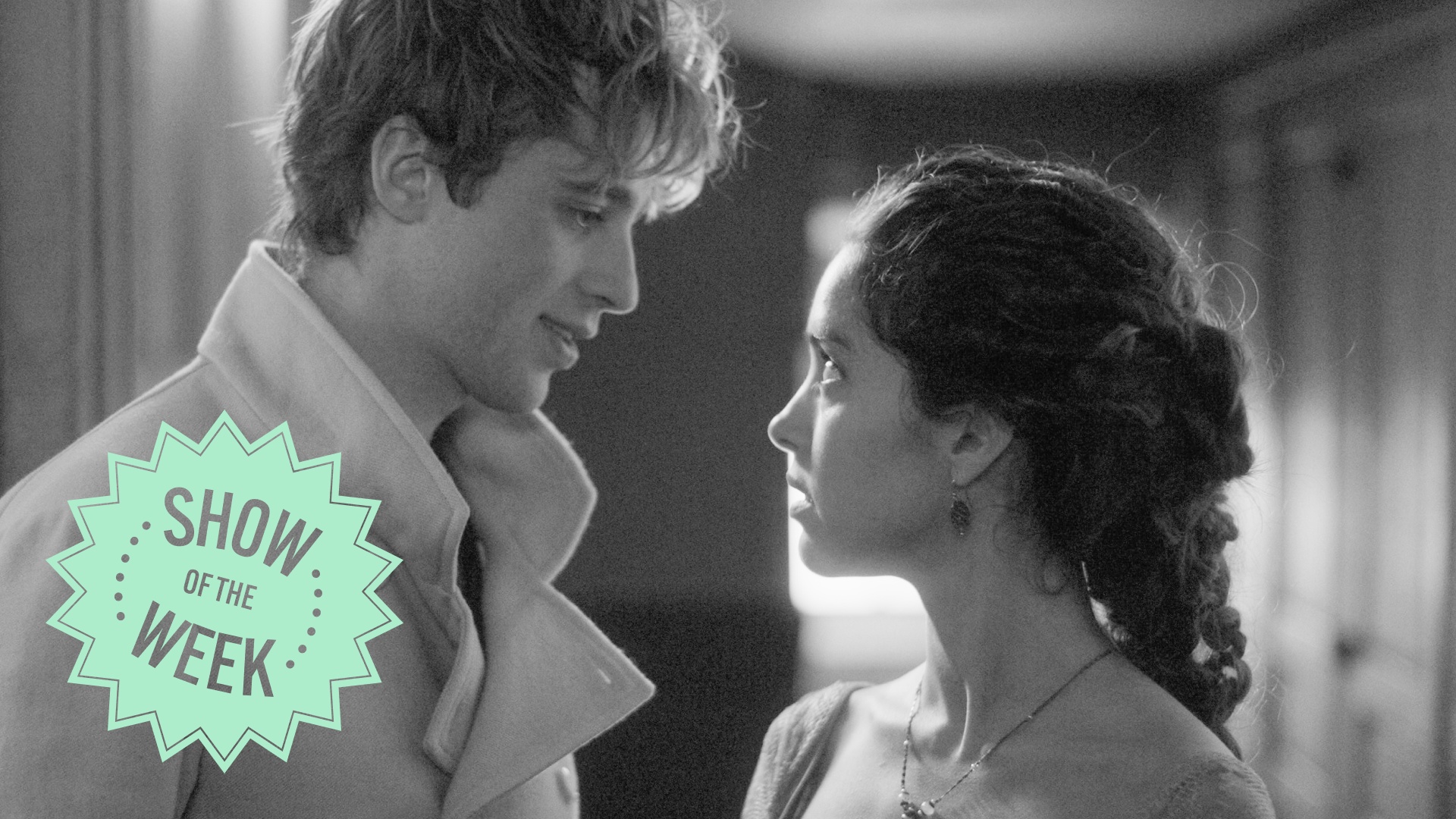French historical espionage and gastronomy get saucy in Carême
Food is sex. Food is power. Sex is food. Sex is power.

Clarisse Loughrey’s Show of the Week column spotlights a new show to watch or skip. This week: Carême introduces us to the world’s first celebrity chef, perfecting dishes and delicious blackmail in Napoleon-era France.
Few shows state their thesis as swiftly and succinctly as Apple TV+’s Carême. You’ve barely had time to lean back into your seat once you’ve clicked play and, already, its protagonist Marie-Antoine Carême (Benjamin Voisin) is shoving fingerfuls of white icing into the mouth of his lover, Henriette (Lyna Khoudri) and licking it off her thighs, down, down, down the well-trodden road to paradise.
His father (Vincent Schmitt) bursts in and announces that a squad of Bonaparte soldiers will be dining. Antoine dangles the idea that he might add a teaspoon of poison to their meals. Food is sex. Food is power. Sex is food. Sex is power. And off we go, for eight brazenly entertaining and ahistorical episodes. Carême follows the Ridley Scott rules of engagement: once there are sharks in the Colosseum, all nitpicking sounds absurd, and once a chef is sexually blackmailing the future Empress of France (Maud Wyler) in a wine cellar, all nitpicking sounds absurd, too.
Carême tells us very little about the real man whose life it purports to tell: the world’s first celebrity chef, according to Ian Kelly’s 2004 biography Cooking for Kings, which provides a loose template for Kelly and his fellow show runner, Davide Serino. But it does invoke the French spirit more furiously than a chorus of children in sunglasses, with fake cigarettes and tumblers of whiskey, crooning for a weeping Serge Gainsbourg.
And it’s a mad delight, a Gallic The Bear, if they traded its bickering “cousins” and Italian beef sandwiches for blackmail (dear god, so many people get blackmailed in this show), orgies, Empire waist dresses with a militant attitude towards cleavage, and endless vol-au-vents (which the real Carême did, in fact, invent). It’s no surprise, really, to learn the series was directed by Martin Bourboulon, also behind the recent, two-part adaptation of The Three Musketeers, whose own secret weapon was Eva Green in a very large hat.
You could spend the majority of your time watching Carême trying to pick apart its meaning—how Antoine, virulently anti-Napoleon after the death of his sister, ends up reluctantly saving the man’s (Frank Molinaro) life and serving in his household kitchen, under pressure from his so-called ally Charles-Maurice de Talleyrand-Périgord (Jérémie Renier).
Can one disrupt from within? How much is gastronomy inherently political, when a well-concocted dish can persuade a British ambassador to make peace or a prisoner to change his story? Or when Antoine’s sous-chef Agathe (Alice Da Luz), a Black woman born to enslaved parents, must every day walk the slimmest tightrope between glory and damnation?
You could exhaust yourself trying to whip all these brief, little insights into something whole and satisfactory—really, it’s a losing battle when the lead has a single gold earring, a ruffled head of sandy blond hair, and looks at every woman with the exact same sultry, half-lidded hunger. If it’s feasible for a piece of exposition to take place while the deliverer and listener are in flagrante delicto, then that will certainly happen.
And while there’s little attention paid to what made Carême a pioneer (in short, he took an architect’s eye to the art, codifying French haute cuisine in a way that still defines it today), there is an entire episode dedicated to a cooking competition overseen by real-life gourmand Grimod de la Reyniere, who here struts around with a pet monkey and a metal gauntlet. Carême is fun. It’s seductive. It draws you in. And, ultimately, it’s right—there really is power in pleasure.

























